Janet Samuel, Abuja
The Universal Basic Education Commission, UBEC, has said that Nigeria requires more fund to run education sector as over 45 million children currently enrolled in its basic education system.
Executive Secretary of UBEC, Dr Hamid Bobboyi, disclosed this at a One-Day Meeting on Promoting Partnership with the Organised Private Sector, in Abuja.
Bobboyi said despite allocating over N100 billion to education every year, resources from the federal government alone can no longer run the system.
According to him, even though the federal government is spending money on education, the sector requires more resources to deliver quality education.
The UBEC boss called on the private sector to appreciate the importance of providing education for children at an early age to contribute to the development of the country.
“Resources alone from the federal government cannot run the system. Nigeria has over 45 million children in basic education subsector and with this number, we require the necessary classrooms.
“A state may get a maximum of maybe N3 billion in the best times, but N3 billion cannot take care of these. It needs instructional materials, you need a lot of other things,” he said.
On the objective of the meeting, he said the commission is bringing together key stakeholders in order to have a functional relationship with the private sector, in which the sector understands its activities and challenges in the basic education subsector.
He noted that part of the interface with the organised private sector is to work out a programme that can be beneficial to the development of basic education in Nigeria, in the areas of quality, expanding access and finding equity for the physically challenged.
He also called on stakeholders to invest in the smart school initiative to build the technological capacity of the young population.
On her part, the Head Oando Foundation, Mrs. Adegoke Adekanla, commended UBEC for its commitment towards advancing basic education in the country.
Adekanla said the commitment of Oando Foundation also aligns with the broader initiative to strengthen the Universal Basic Education, UBE, programme through collaborative partnerships between the public and private sectors.
Represented by an official of the foundation, Mr. Ede Okechukwu, she stressed that “Basic education forms the foundation upon which all other forms of learning and development rest. It is the fundamental right of every child and the cornerstone of a prosperous and equitable society. Access to quality basic education is not just a goal; it is a moral imperative that shapes the future of nations.
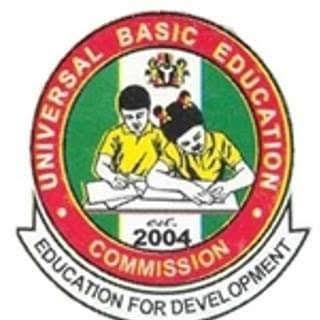
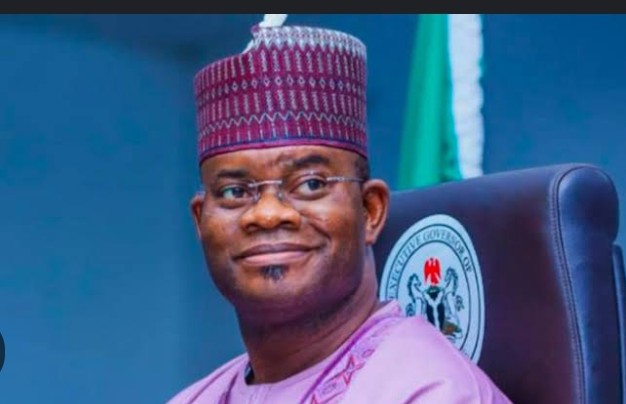
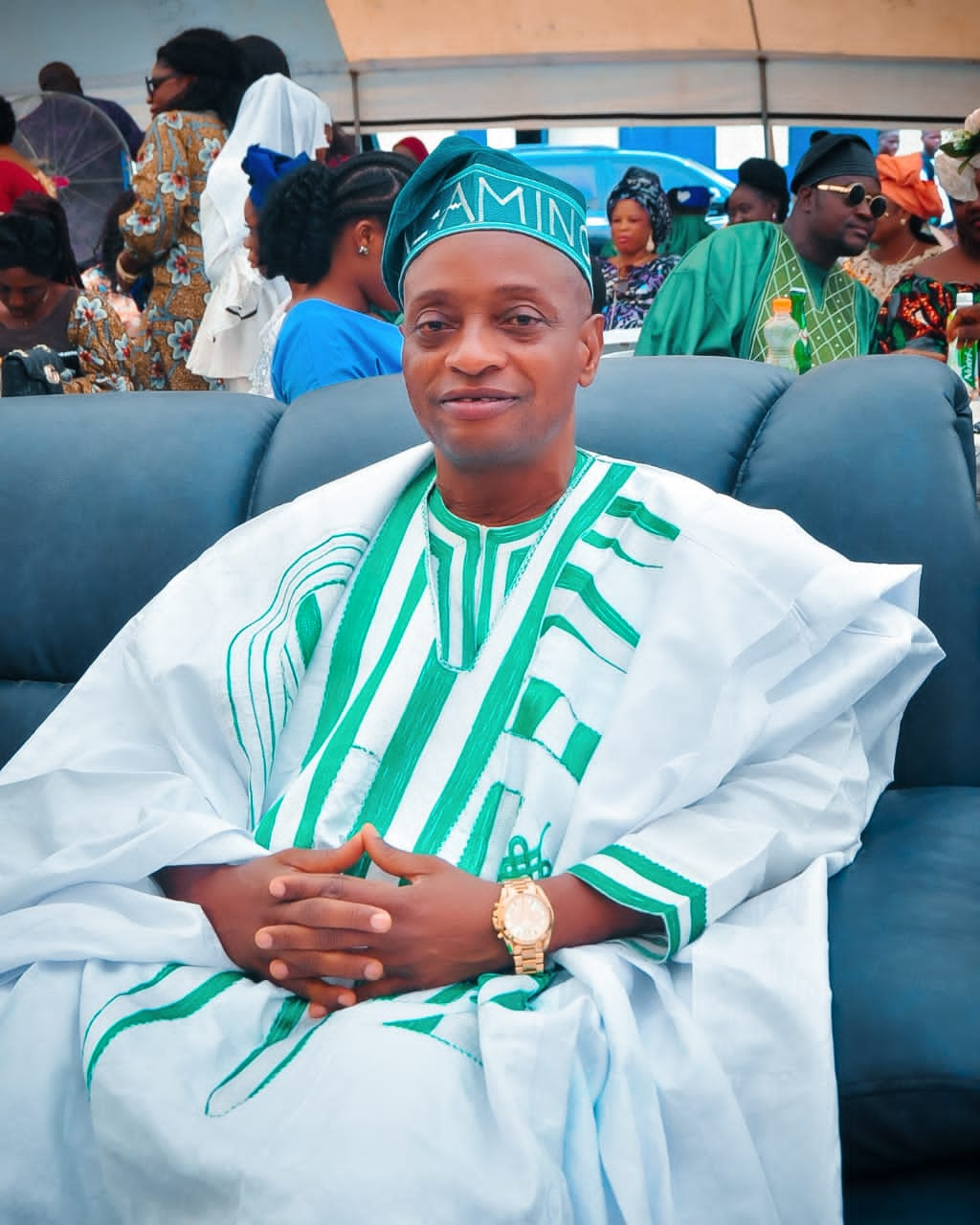
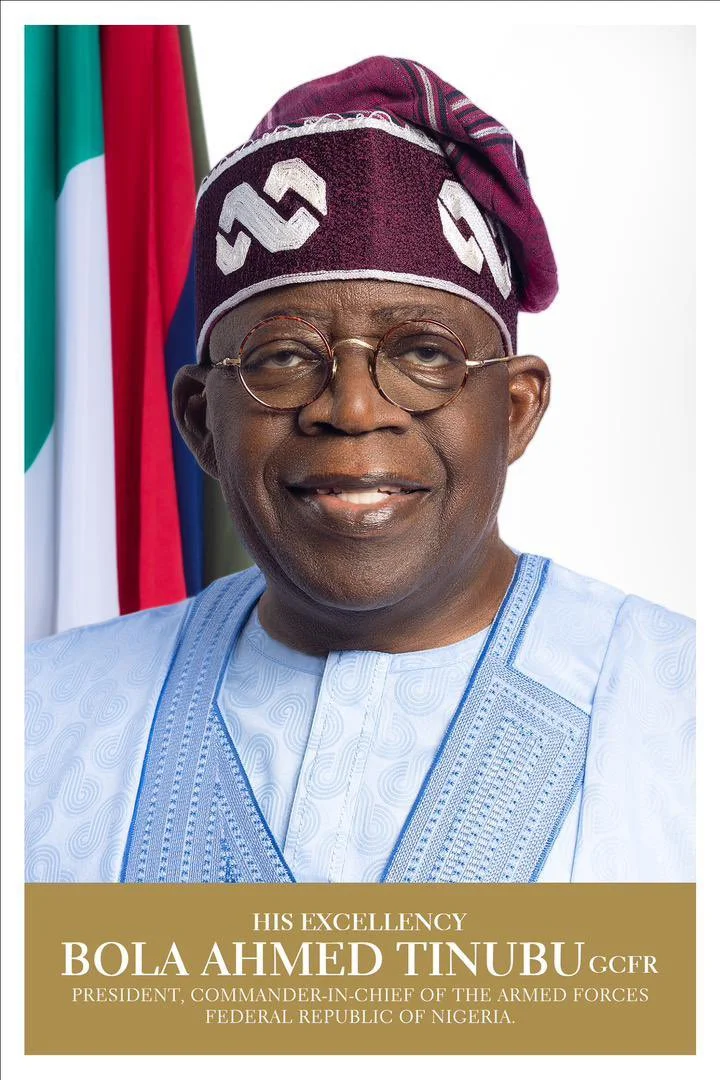
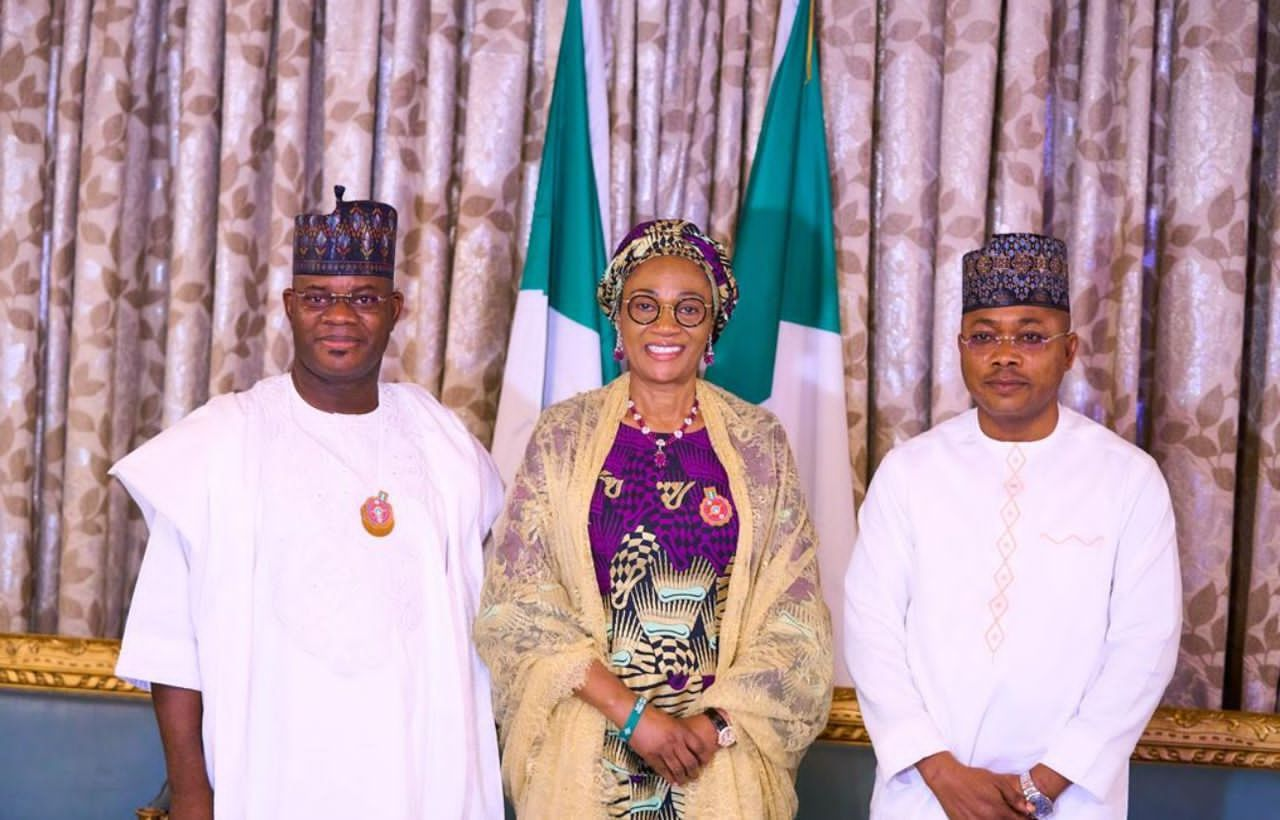
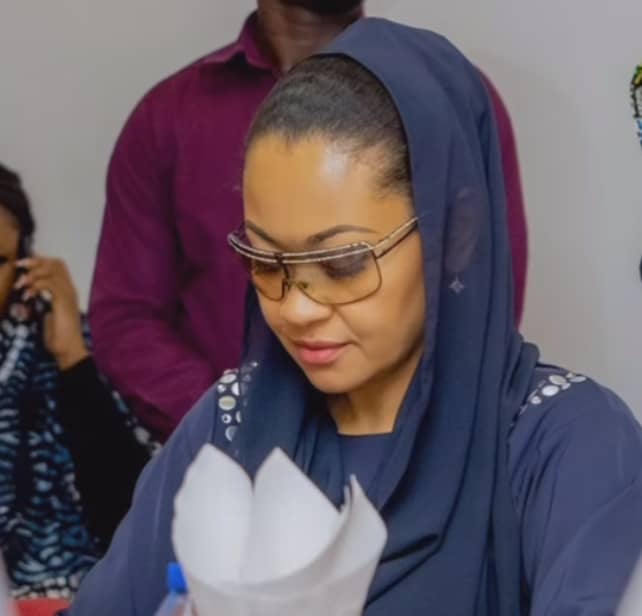
GIPHY App Key not set. Please check settings